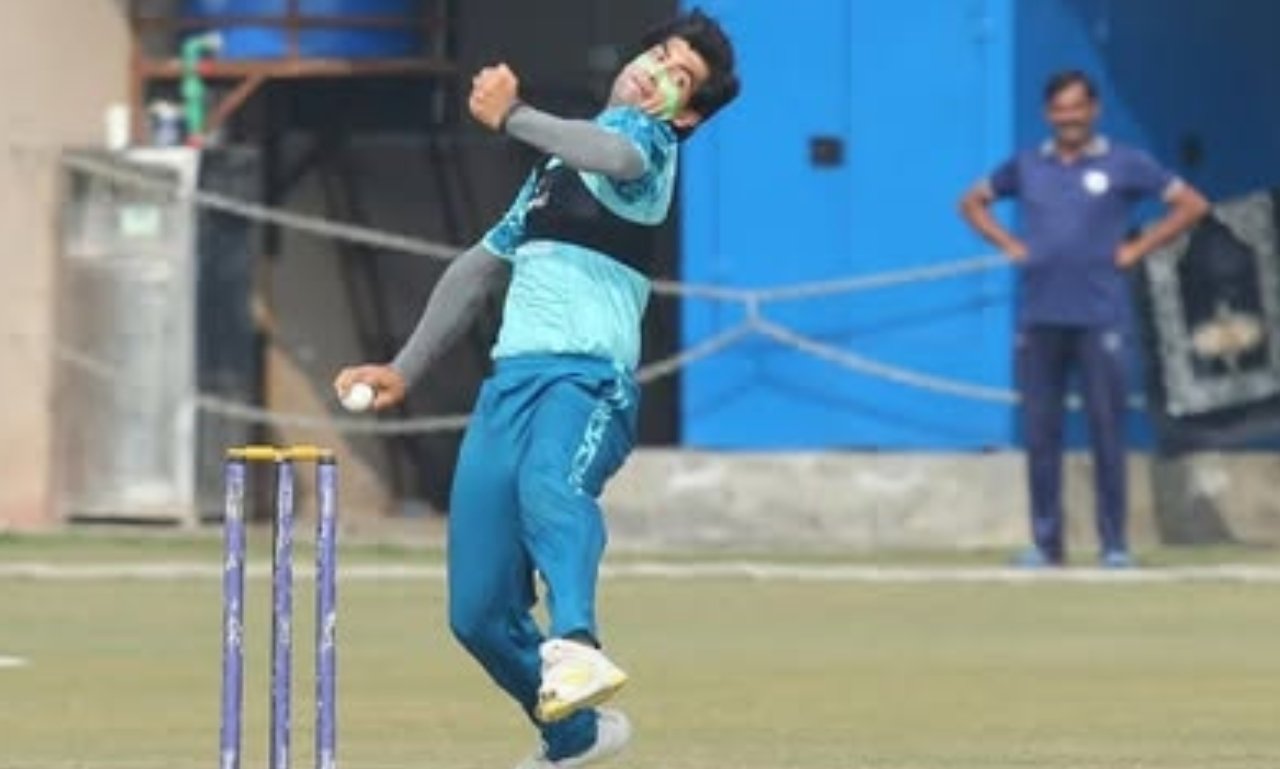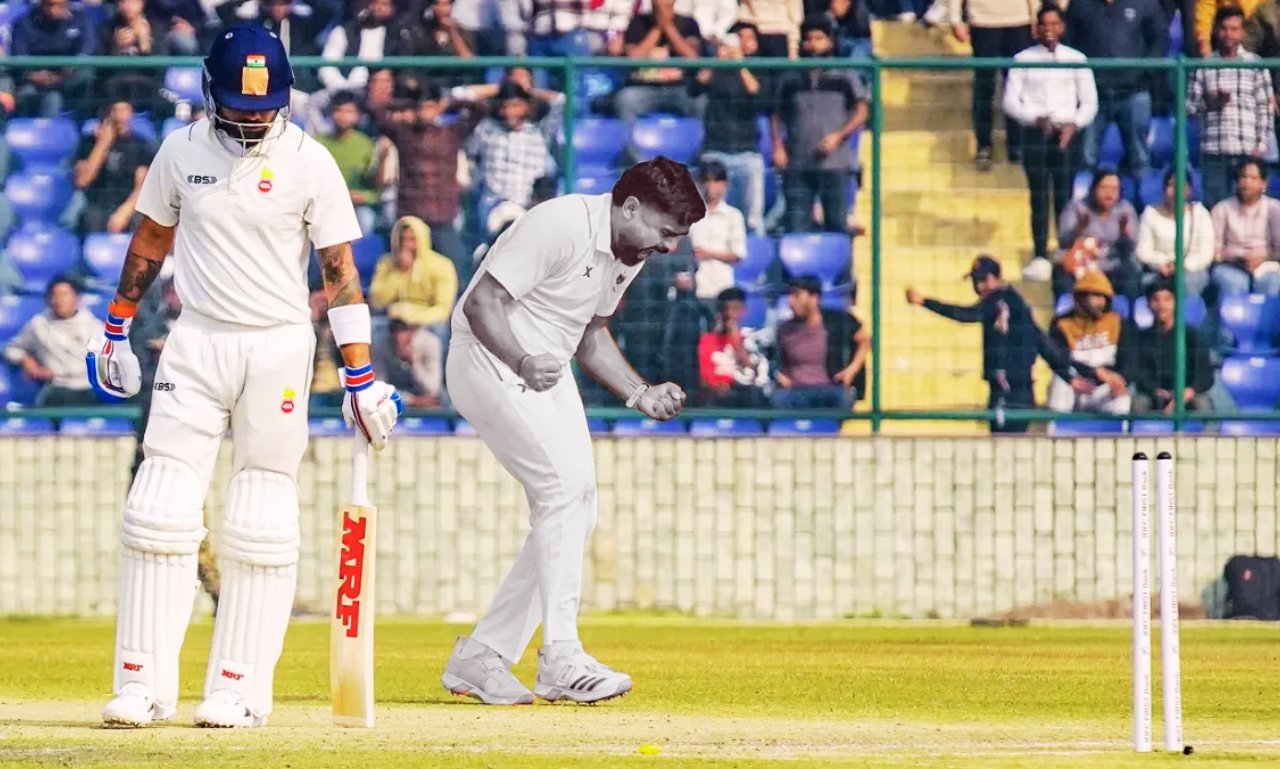AFP via Getty Images
Pakistan head coach Aaqib Javed has strongly defended the use of spin-friendly pitches in Test matches held in the country, emphasizing their importance in Pakistan’s home strategy. Speaking ahead of the second Test against the West Indies in Multan, Aaqib explained the rationale behind the surfaces and outlined his long-term vision for improving Pakistan’s competitiveness in Test cricket.
The Case for Spin Wickets
“If fast bowlers take wickets, people say Test cricket is moving forward. But if spinners dominate, suddenly Test cricket is going backward. Why the double standards?” Aaqib questioned during a press conference.
Highlighting the advantages of spin-friendly pitches, Aaqib stressed the need for playing to Pakistan’s strengths. “When teams play in Australia or England, they prepare pitches that suit their bowlers. Why can’t we do the same? We were right to prepare a spin pitch in the first Test because the West Indies batters struggle more against spin than pace.”
Pakistan’s recent victory in the first Test against the West Indies—the shortest completed Test in the country—has bolstered Aaqib’s confidence in this approach.
A Long-Term Vision
Aaqib expressed his belief that adopting spin-friendly pitches sooner could have significantly improved Pakistan’s chances of reaching the World Test Championship (WTC) final. “The rule of Test cricket is simple: win at home. If you consistently win at home and secure two or three victories away, you’re in the race for the final,” he explained.
The pivot to spin-heavy tracks has also been influenced by a decline in reverse-swing skills among Pakistan’s fast bowlers. “We used to have legends like Shoaib Akhtar, Waqar Younis, and Wasim Akram who mastered reverse swing. Now, that skill level has dropped,” Aaqib admitted. He emphasized the need for bowlers to refine their reverse-swing techniques to adapt to the modern game.
Challenges for Batters
Aaqib acknowledged the toll spin-friendly pitches are taking on Pakistan’s own batters. “Our players are struggling on these pitches because they haven’t been exposed to such conditions domestically,” he said. To address this, he revealed plans for broad changes in the domestic cricket structure, including pitch preparation and specialized training regimens for batters.
“We have told players their training will focus on mastering these conditions. Our next Test isn’t until October, so they have time to adapt. Additionally, domestic pitches will be adjusted to better prepare them for these challenges.”
Addressing Criticism
The spin-heavy strategy has drawn criticism both internationally and domestically. While some have raised concerns about “pitch doctoring” and Pakistan’s ability to develop fast bowlers, Aaqib remains unfazed.
“People need to understand that the goal of Test cricket is to win matches. We want teams to struggle in Pakistan the same way teams struggle to beat Australia or South Africa in their home conditions. If teams are coming to Pakistan, they should expect to face tough conditions and extraordinary challenges,” he said.
Moving Forward
Despite the backlash, Aaqib and the selectors, including Aleem Dar, remain committed to their spin-focused approach. The decision to adopt these tactics stems from a larger goal of making Pakistan an unbeatable force at home, akin to Australia’s dominance in Perth or South Africa’s stronghold at Centurion.
As Pakistan’s cricketing strategies evolve, the emphasis remains on striking a balance between building a competitive team and maintaining their unique identity as a cricketing nation.












